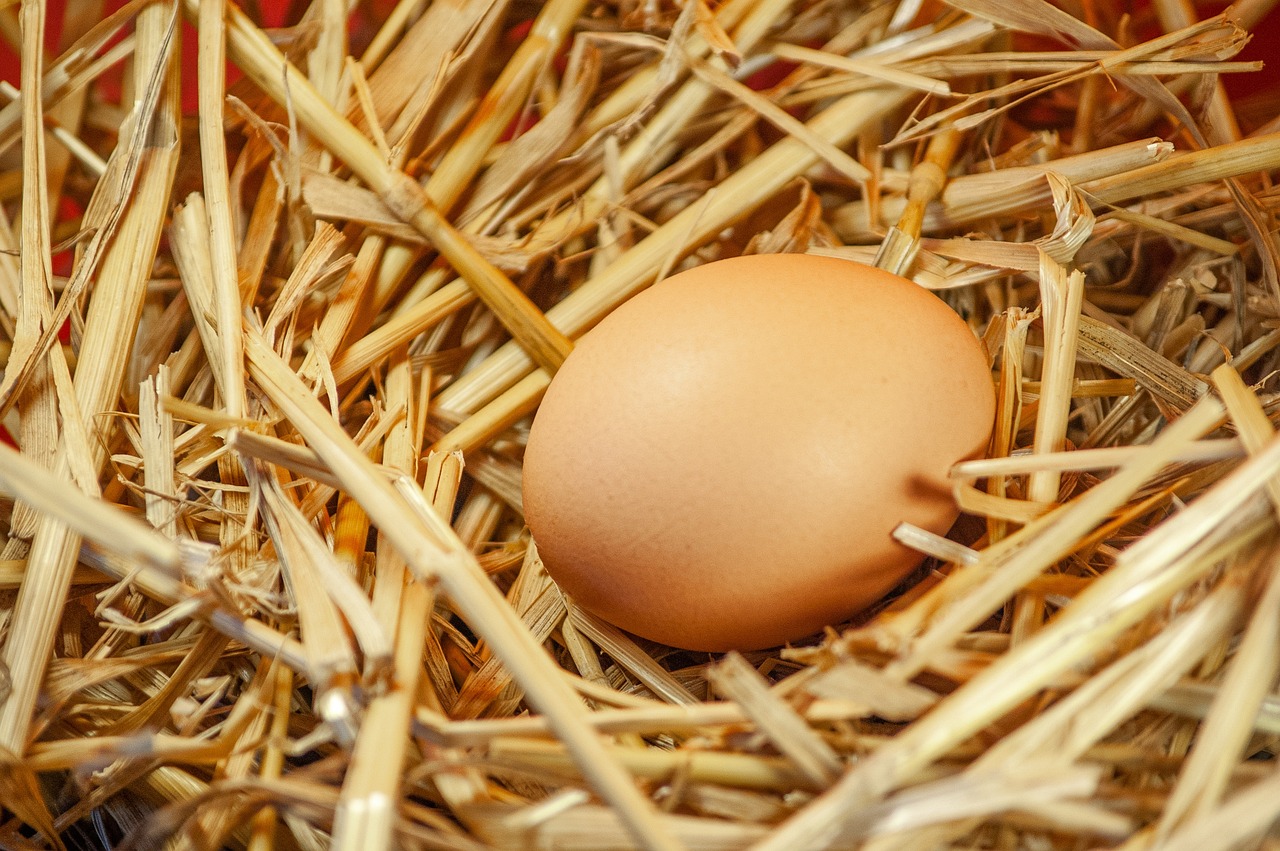Dealing with a broody hen

The term broody might not be an everyday word used in the average person’s vocabulary, but for anyone who owns chickens it is a well-known poultry tendency. Broodiness is a behavior a hen can exhibit when they become dedicated to hatching eggs and raising chicks. It is caused by a combination of hormones, number of daylight hours and whether a hen has eggs to sit on.
Certain breeds are more prone to this behavior, including Cochins, Brahmas, Buff Orpingtons, Silkies, Sussex and Leghorns. It is most common to have a broody hen in the spring or early in the summer, but it can happen anytime. I have only had one broody hen. Charlene was a Sapphire Gem that went broody in November of last year, so it can be any breed and at any time of year.
A broody hen can be a good thing if you have a rooster—therefore the hen’s eggs are fertilized—and you want baby chicks. If that is the case, embrace this natural behavior, provide her with everything she needs to incubate the eggs and allow her to raise them. Broodiness in a momma hen just means she cares about her babies and wants to protect them.
When broodiness is bad
However, baby chicks are not always the goal for all chicken owners. Many backyard chicken keepers only want to enjoy their adult birds and the eggs they produce. That is the purpose of my chicken flock, and although baby chicks are adorable, I do not want to hatch any currently.
Some common reasons for not wanting to hatch baby chicks are fear of predators killing the hatchlings, not enough space in the coop for more chickens and the 50/50 chance of hatching a rooster with each egg. No one wants a flock of roosters—unless you’re making chicken and noodles that is.
One issue with broody hens is that they usually stop laying eggs and put all their energy into incubation. They will only leave the nest one to two times a day to eat, drink and defecate. This will lead to weight loss and other production issues. A broody hen may even pull out her own feathers to improve her nest.
These hens usually become irritable and are sometimes aggressive. A hen that was once as gentle as kitten can turn into a cobra if the broody switch is flipped. Their brains are so focused on protecting the eggs that any threat, even a human hand, can get the sharp end of the beak. Broody hens can even deter other hens from entering the laying box to lay their eggs, leading to an overall reduction in egg production from the whole flock.
Furthermore, some hens will become broody even though they aren’t sitting on any eggs or will sit on eggs that are not fertilized—therefore cannot hatch chicks. I had one of these situations with my hen last year. She would sit in the laying box all day, without a single egg under her, and screech at anyone or anything that approached her.
This is a circumstance where you should intervene and help the hen return to her regular activities and end her broodiness. This behavior can become hazardous to a hen’s health, especially during hot, dry weather conditions when they are determined to stay in the hot laying box all day. Eventually, broodiness will end over time, but it can come at a cost to a hen’s well-being, so many times it is best to assist her in getting past her urge to sit on eggs if you do not want chicks.
Tips for ending broodiness
So how do you break a head of being broody? First, break the cycle of sitting in the laying box every day. Although a broody hen can be cantankerous and difficult to remove from her nest, just put on some gloves, pick her up and put her outside the coop.
Most of the time they are all show—although my broody hen made some horrific squawks when she was evicted from the laying box. Encountering a broody hen will remind you that they are the closest living relative to the tyrannosaurus rex. They give off tiny raptor vibes.
Another important tactic is to remove eggs from your laying box as often as possible. Not collecting eggs daily can be a factor in broodiness beginning in a hen and it can certainly prolong the condition. A broody hen will continually add more eggs to her clutch if she has the opportunity.
If a hen keeps returning to the nest, you might have to lock them out or make it difficult for them to sit in the laying box. Sometimes you must get creative to keep them out. Additionally, many chicken owners say broodiness can be contagious among a flock. If one hen goes broody, there could be more in the future. Furthermore, once a hen has gone broody, she is likely to do it again later in life. It is important to pay attention to the behavior in your flock and end broodiness early once the signs are evident.
To break a broody hen, you must be as persistent as them. Sometimes broodiness can be corrected in a week’s time, but for my hen, it took about a month for her to stop trying to sit on eggs—and there weren’t any! For chickens, broodiness is a natural condition, but as chicken tenders it is sometimes necessary to intercede on their behalf. A productive hen is usually a happy hen!
Lacey Vilhauer can be reached at 620-227-1871 or [email protected].



